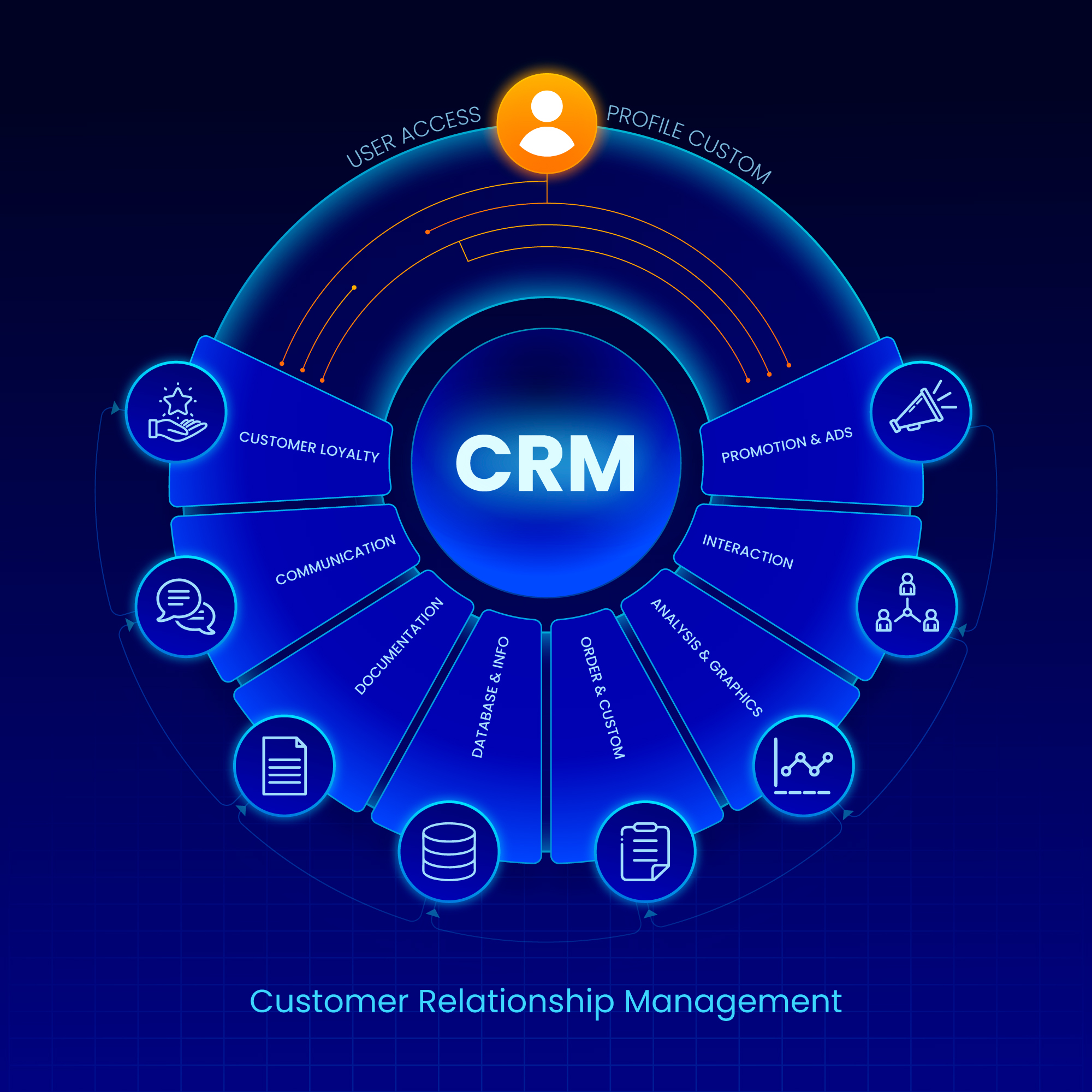
Introduction
CRM, or Customer Relationship Management, is a strategic approach aimed at managing and nurturing relationships with customers throughout their entire lifecycle with a business. It involves the use of technology, processes, and data to understand customer needs, personalize interactions, and ultimately drive customer satisfaction and loyalty. CRM software plays a central role in this process, serving as a centralized platform for storing customer information, tracking interactions, and automating various tasks related to sales, marketing, and customer service. By implementing CRM effectively, businesses can streamline operations, improve productivity, and ultimately enhance their bottom line by delivering exceptional customer experiences.
Understanding CRM Software
At its core, CRM software is a technology solution designed to help businesses manage and analyze customer interactions and data throughout the customer lifecycle. It enables organizations to streamline sales, marketing, and customer service processes, providing a unified platform to store and access customer information. By centralizing customer data, CRM software empowers businesses to gain valuable insights into customer behaviors, preferences, and purchase history, facilitating personalized interactions and targeted marketing campaigns.
Key Features and Functionalities
Modern CRM software offers a comprehensive suite of features tailored to meet the diverse needs of businesses:
- Contact Management: CRM software serves as a centralized repository for storing customer contact information, including email addresses, phone numbers, and social media profiles. This enables sales and marketing teams to maintain up-to-date records and easily access customer details when needed.
- Sales Automation: By automating repetitive tasks such as lead scoring, email notifications, and follow-up reminders, CRM software streamlines the sales process and enhances productivity. Sales representatives can prioritize leads, track opportunities, and forecast revenue more effectively, leading to faster deal closures and increased revenue.
- Marketing Automation: CRM software enables targeted marketing campaigns through segmentation and personalized messaging. By analyzing customer data and behavior patterns, businesses can create customized email drips, social media ads, and promotions to engage prospects and nurture leads effectively.
- Customer Service Management: A robust CRM system facilitates efficient customer service by tracking support tickets, managing service requests, and ensuring timely resolution of issues. Integrated communication channels such as live chat and helpdesk portals enable businesses to deliver exceptional support experiences, fostering customer satisfaction and loyalty.
- Analytics and Reporting: CRM software provides powerful analytics tools to track key performance indicators (KPIs) and measure the effectiveness of sales and marketing initiatives. By generating detailed reports and dashboards, businesses can gain actionable insights into sales trends, customer behavior, and revenue forecasts, enabling data-driven decision-making and strategy optimization.
Benefits of CRM Software
The adoption of CRM software offers numerous benefits to businesses of all sizes:
- Improved Customer Relationships: By centralizing customer data and facilitating personalized interactions, CRM software helps businesses build stronger relationships with customers, leading to increased loyalty and retention.
- Enhanced Efficiency and Productivity: Automation of routine tasks and streamlined processes enable sales and marketing teams to focus on high-value activities, maximizing productivity and minimizing manual effort.
- Increased Sales Revenue: By providing sales representatives with valuable insights and tools to effectively manage leads and opportunities, CRM software accelerates the sales cycle and drives revenue growth.
- Better Targeting and Segmentation: Advanced segmentation capabilities enable businesses to target specific customer segments with tailored marketing messages, resulting in higher engagement and conversion rates.
- Data-driven Decision Making: With access to real-time analytics and reports, business leaders can make informed decisions based on actionable insights, leading to improved performance and competitive advantage.
Conclusion
In an era where customer experience reigns supreme, CRM software has become a strategic imperative for businesses seeking to thrive in today’s competitive marketplace. By leveraging the power of CRM technology, organizations can streamline operations, strengthen customer relationships, and drive sustainable growth. As customer expectations continue to evolve, investing in a robust CRM solution is essential for staying ahead of the curve and delivering exceptional value to customers.

